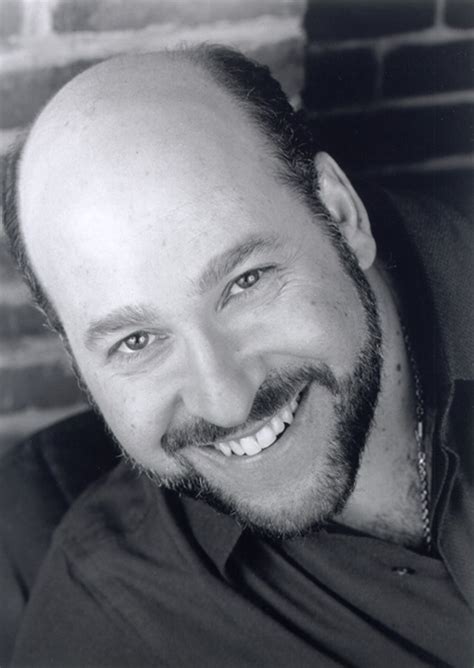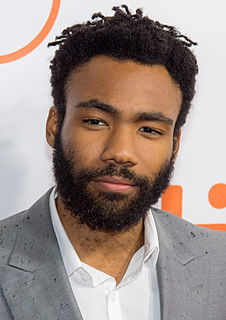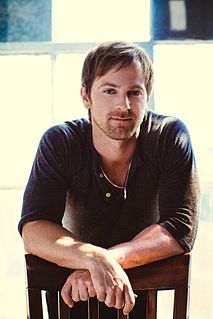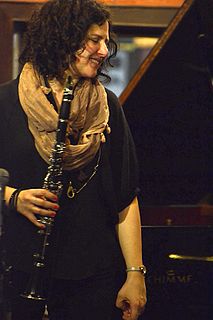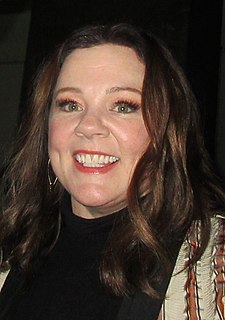A Quote by Rodrigo Santoro
In Brazil, when you say you're going to be an artist you always get that point of view that this is a crazy career and you might not make it. In my case, it kind of happened.
Related Quotes
From the point of view of the employer, it is in any case simply an item of cost, to be reduced to a minimum if it cannot be eliminated altogether, say, by automation. From the point of view of the workman, it is a "disutility"; to work is to make a sacrifice of one's leisure and comfort, and wages are a kind of compensation for the sacrifice.
People ask me, 'What happened in your life that might have pushed you as an artist to get to where you are today?' I always felt a little on the outside. And as such, you're always observing things. So, I'd be kind of re-creating these things in my mind, and I think drawing it was a way to deal with that.
We're at a time now where there's a lot more "I'll do whatever it takes" attitude. I'm not going to say or do what you want me to say or do just because it might help me or be the politically correct thing to do to help my career. And that may have hurt me sometimes. I think about different collaborations that have been brought my way - it might have meant I'd get to be on TV to do certain things, but I've said, "No. It doesn't make sense. I'm not doing it." And other people might jump at the opportunity.
[T]he more clamour we make about 'the women's point of view', the more we rub it into people that the women's point of view is different, and frankly I do not think it is -- at least in my job. The line I always want to take is, that there is the 'point of view' of the reasonably enlightened human brain, and that this is the aspect of the matter which I am best fitted to uphold.
You push so far past the normal boundaries of what’s O.K. in society. I’m always fully aware of, ‘You can’t do this’… When someone really believes in what they’re saying, but it’s crazy, it’s like my favorite thing on earth… [But] Crazy’s just crazy and there’s nowhere to go. You can have a point of view, it can be very strange, but we have to know your reasoning.
You kind of notice what's going on in your body, and you can kind of feel a certain tightening, or fear, which is something that, as an artist, I've kind of befriended. I can pretty much count on it for anything that I engage in - that thing like, "Am I going to be able to pull this off?" Well, what am I gonna do with this feeling? The more nervous you get, the more worried you get about it. So you pay attention to what you might need.
There’s no “correct path” to becoming a real artist. You might think you’ll gain legitimacy by going to university, getting published, getting signed to a record label. But it’s all bullshit, and it’s all in your head. You’re an artist when you say you are. And you’re a good artist when you make somebody else experience or feel something deep or unexpected.


